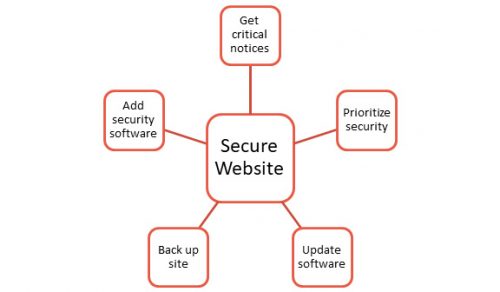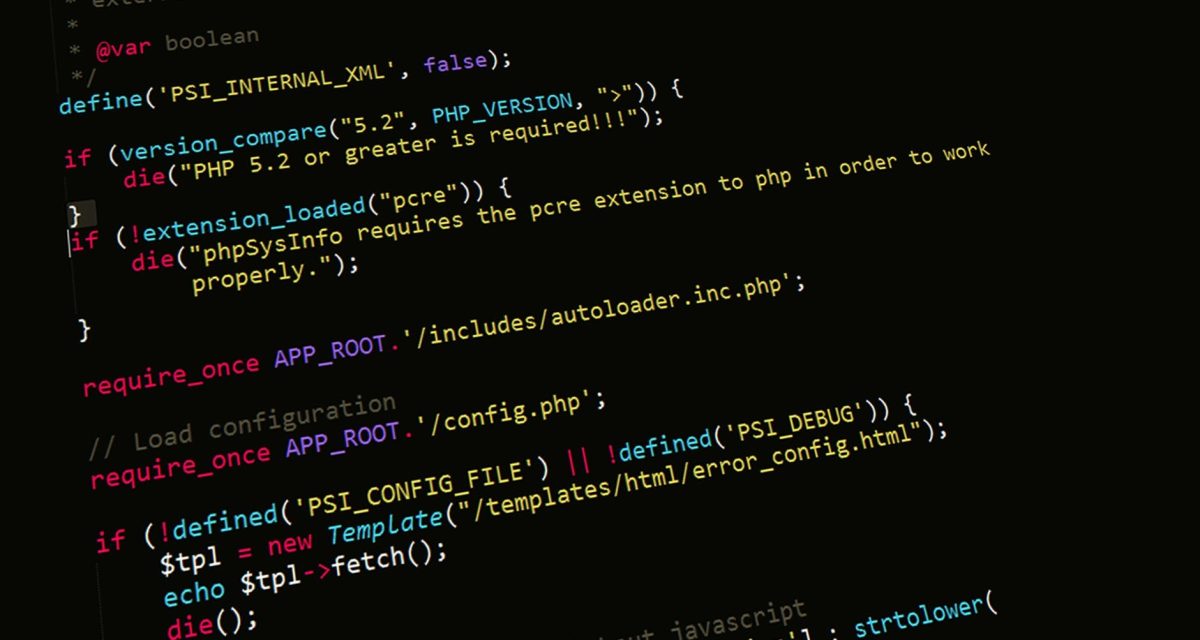How to Protect Your Website from Hackers
(And Save Your SEO Efforts in the Process)
Website security has been garnering a lot of attention lately. More and more website owners and web developers are paying attention to the topic of security and to the very real potential that their website can get hacked. A website that is not well protected or properly optimized for search engine optimization (SEO) is at greater risk of being hacked than one that is. Your SEO results and search engine ranking can take a hit if the security of your website has been threatened.
What are the chances of your website getting hacked? What are the most usual types of website compromises? What steps can be taken to avoid getting hacked and subsequently penalized by Google with a lower search result ranking? When you understand the answers to these questions, you’ll know what steps to take to prevent future hacks and thus ensure your SEO strategy will remain sound.
In March 2017, Google presented information on the state of website security*. Most alarming is their statistic of a 32% increase from 2015 to 2016 of the number of websites that had been hacked. Even more alarming is that Google expects that number to rise as a result of websites becoming more and more outdated and hackers becoming more and more sophisticated and aggressive.
What Are the Most Common Ways a Website Can Be Hacked?
- Spam – Hackers upload seemingly safe and innocent content and images on legitimate websites with the purpose of redirecting users to malicious websites. Links within the content, or even clicking on or opening a document, can cause damage to your own website.
- Botnets – Cybercriminals – botmasters – develop a network of computers that are infected with malicious software that is often capable of getting around your antivirus software and other security tools. According to Google, “Botnets steal your resources in order to do malicious things like crack passwords or crack other sites.”
- Malware – Malware is any type of software that harms people’s data and devices. Because malware can affect your users directly, it is critical to heed all warnings against it.
- Credit Card Fraud – Of particular concern to e-commerce websites, hackers skim credit card information and steal users’ data. This type of compromise not only hurts your users, it is a sure sign that your website is not secure – and ultimately damages your reputation.
How to Minimize Your Chances of Getting Hacked
If your site has been hacked, finding a solution to the problem can be difficult because botmasters and hackers do their best to always stay a step ahead. When you make the security of your website a top priority, you reduce the potential of hackers, malware, and bots getting in and taking over your website and the data it contains. You can, however, take steps to make sure your website is as secure as it can be.

- Get critical notices – Once you have added your website to Google’s Search Console and verified that you own it, you will receive important notifications from Google regarding security concerns, such as hacking events, that you will want to address promptly.
- Prioritize the security of your website – Security should be your highest priority for your website – make sure everyone who contributes to your website operations understands how critically important security is.
- Update software – Keep all software and plug-ins updated to the latest versions and releases to minimize hacks.
- Back up your website – Regular back-ups of your website are critical. In the event you are hacked, reverting the site to its pre-hack version is easy and efficient. Update your content management system (CMS) such as WordPress and e-commerce software as necessary and apply all security patches as they are released.
- Install security software and tools – For added peace of mind and an extra layer of security, install security software.
The security of your website should be your number one priority. Without the necessary safeguards on your website, the security of your customers is largely at risk, your own data and information is jeopardized, and your brand and reputation can take a serious hit from which it is difficult, if not impossible, to recover. And, the time and energy investment in developing and implementing your SEO strategy will all be for naught, as your search engine ranking will drop. Don’t become an unfavorable Google statistic. Address weak spots and vulnerabilities and keep the security of your website a top priority.
Perfexion, Inc. takes the security of every client’s website seriously. We use SEO to manage and maximize our clients’ web content, website ranking, and search engine results traffic. And, we take steps such as regularly backing up data and updating all software and plugins, including WordPress CMS, as needed – all to protect your website, which includes not only the content, but your clients’ data.
WEBSITE pfxn.com
E-MAIL hello@pfxn.com
CALL 610-783-7660
SAY HELLO
* https://webmasters.googleblog.com/2017/03/nohacked-year-in-review.html
